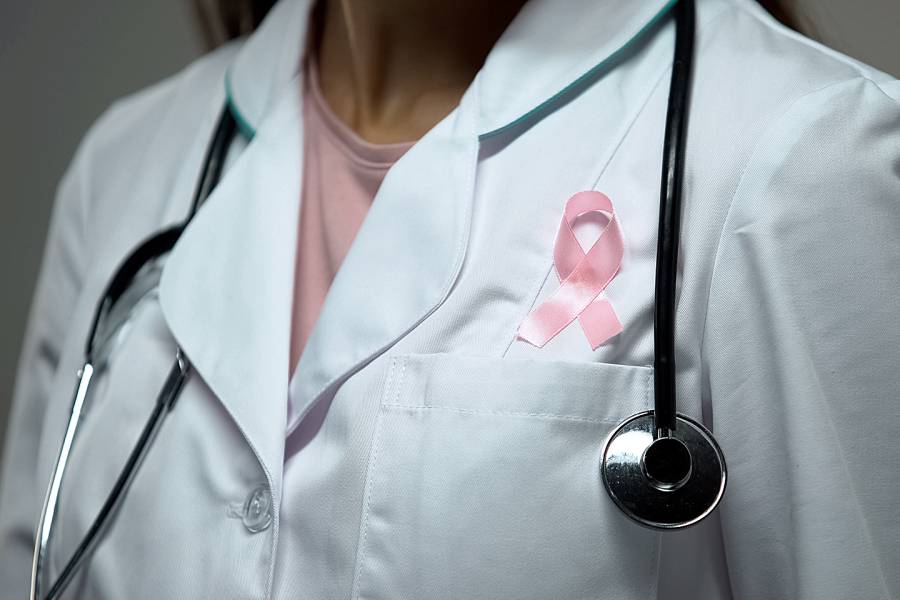Brought to you by Johns Hopkins Work Stride: Managing Cancer at Work.
Breast cancer is most common in women over the age of 50, but it can also occur in young women. (About 1% of breast cancer cases occur in men.) Although 80% of breast lumps are benign, it is important to have any new lump or change in the breast evaluated. Early detection and prompt care have been shown to minimize the impact of the disease as well as reduce breast cancer–related deaths.
An important fact to remember is that most breast cancer diagnoses are in women who do not have a family history of breast cancer. The greatest risk is being a woman.
Early detection begins with knowing your body and taking note of any changes, or lumpiness, in your breasts. Even with no evident signs of a lump in your breast, it's important to talk to your doctor about scheduling regular mammograms.
These are the current mammogram screening guidelines to review with your health care provider:
- Women ages 40 to 44 should have the choice to start annual breast cancer screening with mammograms if they wish to do so.
- Women ages 45 to 54 should get mammograms every year.
- Women 55 and older should continue yearly screening or switch to mammograms every two years.
- The small percentage of women who are at a higher risk for breast cancer should be screened using MRIs along with mammograms.
So, call today to schedule your mammogram, whether it is overdue or not due for a few months.
To learn more about breast cancer and breast cancer screenings, go to the Cancer Types section of the Johns Hopkins Work Stride website. Your Work Stride oncology nurse navigator can also answer your questions; she can be reached at 844-446-6229 or by email at managecancer@jh.edu.
Posted in Health+Well-Being
Tagged hr newswire








